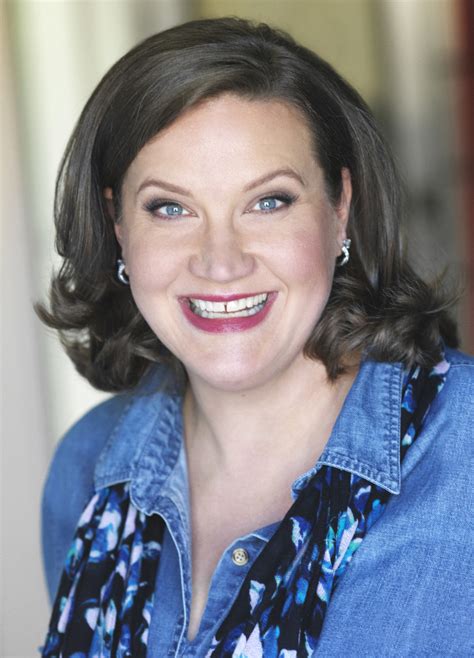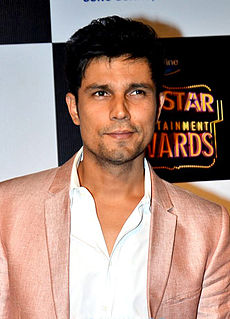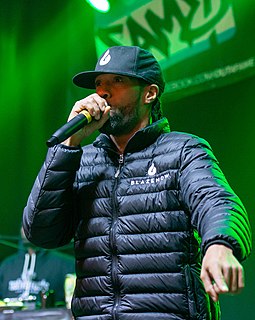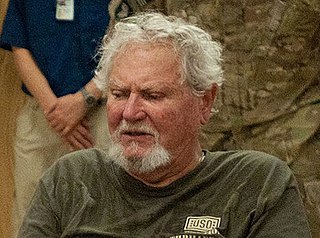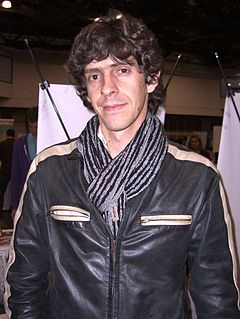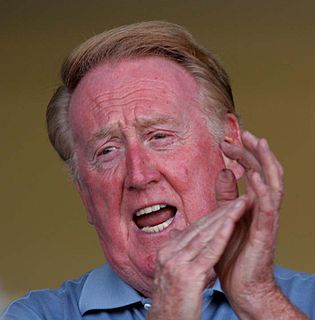A Quote by Eleanor Brown
We were never organized readers who would see a book through to its end in any sory of logical order. We weave in and out of words like tourists on a hop-on, hop-off bus tour. Put a book down in the kitchen to go to the bathroom and you might return to find it gone, replaced by another of equal interest. We are indiscriminate.
Related Quotes
You don't see Los Angeles erecting a museum dedicated to the birth place of the Crips and the Bloods and the Mexican Mafia, with a special guided bus tour highlighting the rise of the crack trade, yet you can hop on a bus in Chicago tomorrow to see the famous locales of murders. I have to imagine there's some wonderful academic book on the sociology of this out there.
The challenge is always to find the good place to end the book. The rule I follow with myself is that every book should end where the next book would logically begin. I know that some readers wish that literally all of the threads would be neatly tied off and snipped, but life just doesn't work that way.
I was perpetually grief-stricken when I finished a book, and would slide down from my sitting position on the bed, put my cheek on the pillow and sigh for a long time. It seemed there would never be another book. It was all over, the book was dead. It lay in its bent cover by my hand. What was the use? Why bother dragging the weight of my small body down to dinner? Why move? Why breathe? The book had left me, and there was no reason to go on.
I would often take this bus and go to a nearby village where I had hordes of animal friends. I was hardly around four or five years old then. The conductor was so used to seeing me hop on to the bus and get down at the same place, that he never asked any questions. The strangest part is, he never asked for a ticket either!
Books are just dead words on paper and it is the readers who bring the stories alive. Previously, writers wrote a book and sent it out into the world. A couple of months after publication letters from readers might arrive. And, leaving aside the professional reviews, it is really the reader's opinions that the writer needs. They vote for a book - and a writer - with their hard earned cash every time they go into a bookstore (or online - that's my age showing!) and buy a book.
Well, we think that time "passes," flows past us, but what if it is we who move forward, from past to future, always discovering the new? It would be a little like reading a book, you see. The book is all there, all at once, between its covers. But if you want to read the story and understand it, you must begin with the first page, and go forward, always in order. So the universe would be a very great book, and we would be very small readers.
Every book takes me from 35 to 41 days to write. I don't know why that is. I've tried to get it down to 30 or 31, depending on the length of the month, but it won't work. I don't drink while I'm writing because it fuddles my logical processes, but when I finish a book I go down to the kitchen and pour myself a big belt.
That's why this generation is the least racist generation ever. You see it all the time. Go to any club. People are intermingling, hanging out, having fun, enjoying the same music. Hip-hop is not just in the Bronx anymore. It's worldwide. Everywhere you go, people are listening to hip-hop and partying together. Hip-hop has done that.
And also it's an ever-gathering process. If I pick up the Sporting News or some sports publication and there's an article on somebody and I think I might see that player, I will tear it out and put it in a file, and I have a looseleaf book so when we're going to play that particular team I take out all these clippings and things I pulled out, I go through them, highlight them, put them in the book.
When I started out as a music journalist, at the end of the 1980s, it was generally assumed that we were living through the lamest music era the world would ever see. But those were also the years when hip-hop exploded, beatbox disco soared, indie rock took off, and new wave invented a language of teen angst.
